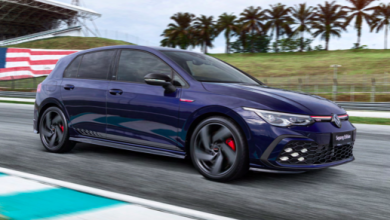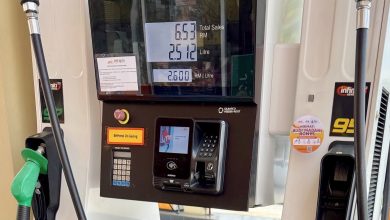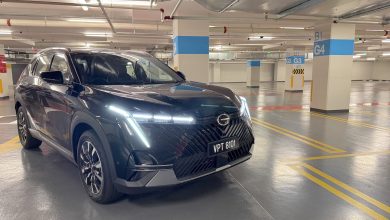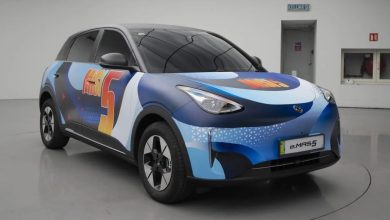Thai Police Gets Tesla Model 3 Electric Vehicles
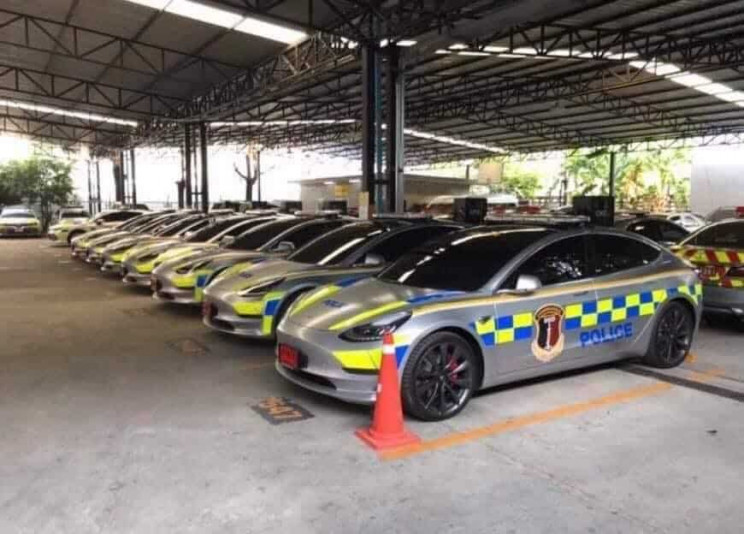
The Thailand National Police Agency has just received seven Tesla Model 3 electric vehicles to its fleet. This deal would have been made sometime last year as with the COVID-19 and the economic crisis in place, the Thai government would not have looked at Tesla for its electric vehicle needs and would have instead looked at the Nissan Leaf or the Hundai Kona electric vehicles which cost much lower.
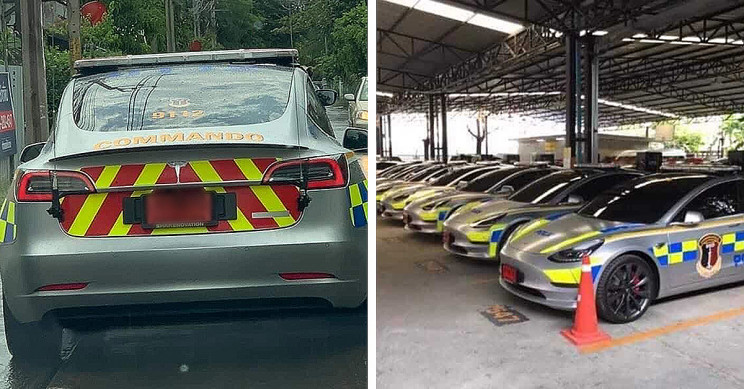
The Thai government has a strong electric vehicle commitment and this is why the Thailand EV market is expected to grow at a CAGR of 21.6% from 2018 to 2025. The Total Industry Volume (TIV) is expected to reach 34,603 units in 2025 compared to 8,802 units in 2018.
The Thai government aims to increase the adoption of electrified vehicles including hybrids, plug-in hybrids, and battery electric vehicles (BEVs) and this is why they have started promoting the alternative-powertrain vehicle industry in 2017 by launching incentives for automakers, component suppliers, and other companies The investment privileges from the government attracted around 20-30 applications, mostly from vehicle manufacturers.
The BOI has approved applications from FOMM, Mine Mobility, Mercedes-Benz, SAIC Motor, Skywell, and Toyota for BEV production; from Honda, Mazda, Nissan, and Toyota for hybrid vehicle production; and from Audi, BMW, Mercedes-Benz, Mitsubishi, SAIC Motor, and Toyota for plug-in hybrid vehicle production.
OEMs that successfully join the scheme will reap benefits in terms of reduced import tariffs on machinery, raw material privileges, and corporate income-tax exemptions in return for local production of hybrid electric vehicles (HEVs), plug-in hybrid electric vehicles (PHEVs), BEVs, and components for these vehicles. Key automakers plan to boost production of EVs in Thailand first in the Association of Southeast Asian Nations (ASEAN) region as the country is the largest vehicle-production base in the bloc. In addition, four investment companies have already opened for electrified-vehicle battery production to help to push electrified vehicles’ safety standards, and upgrade product regulations and consumer product-safety requirements to involve the highest standards of testing.
Thailand is the largest producer of vehicles in the ASEAN region and the 11th largest automotive producer in the world, producing more that 2.17 million units in 2018. With a population of over 645 million consumers in ASEAN alone, the industry is projected to grow even more as demand across the rest of Asia increases.
PRESS RELEASE: Electric vehicle battery production is growing in Thailand, with manufacturing plants operated by SAIC, Honda, Toyota and a recently announced Mercedes production facility.
Mercedes joins other large multinational automotive companies with energy efficient vehicle operations in Thailand. Toyota, Honda, Nissan, Mazda, Mercedes, BMW and Audi produce hybrid, battery powered and plug-in hybrid electric vehicles in Thailand.

